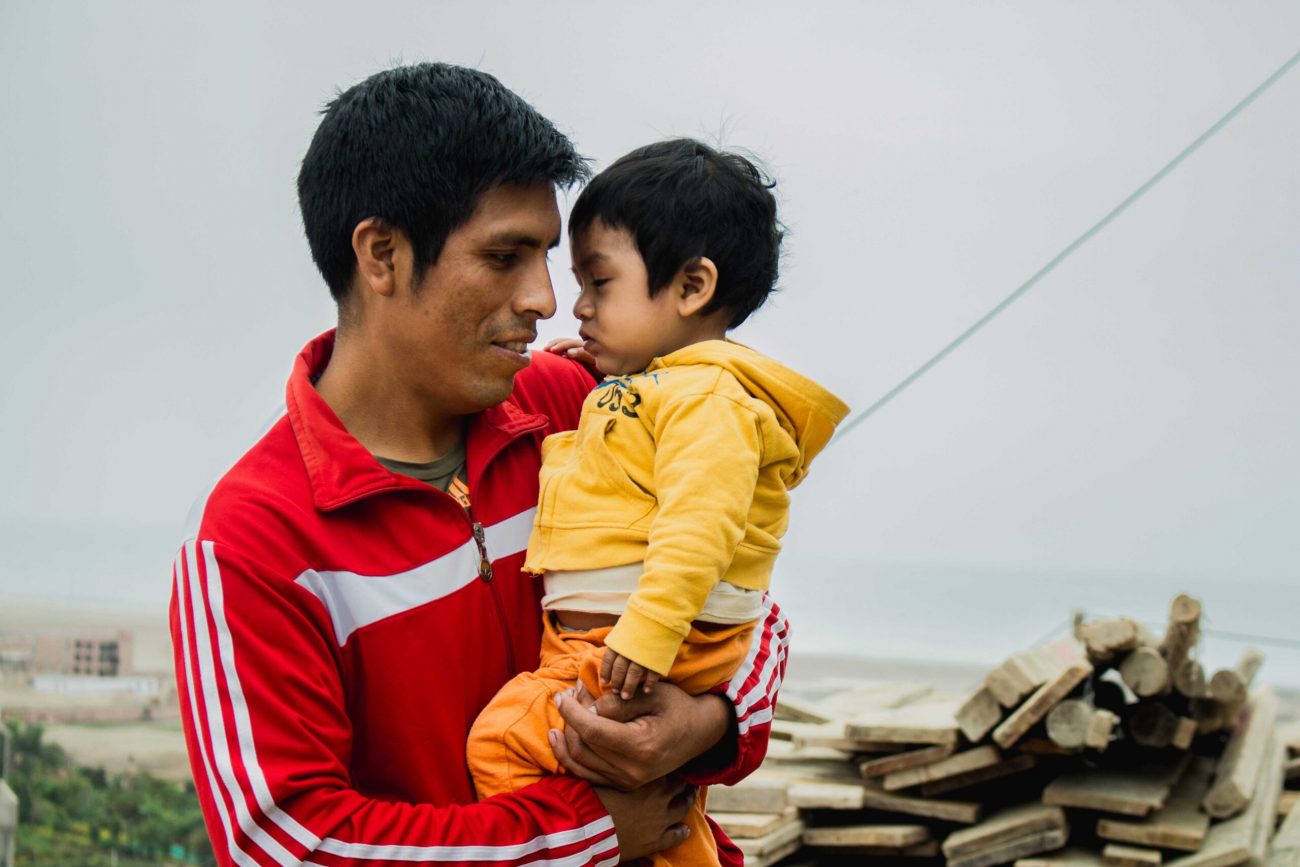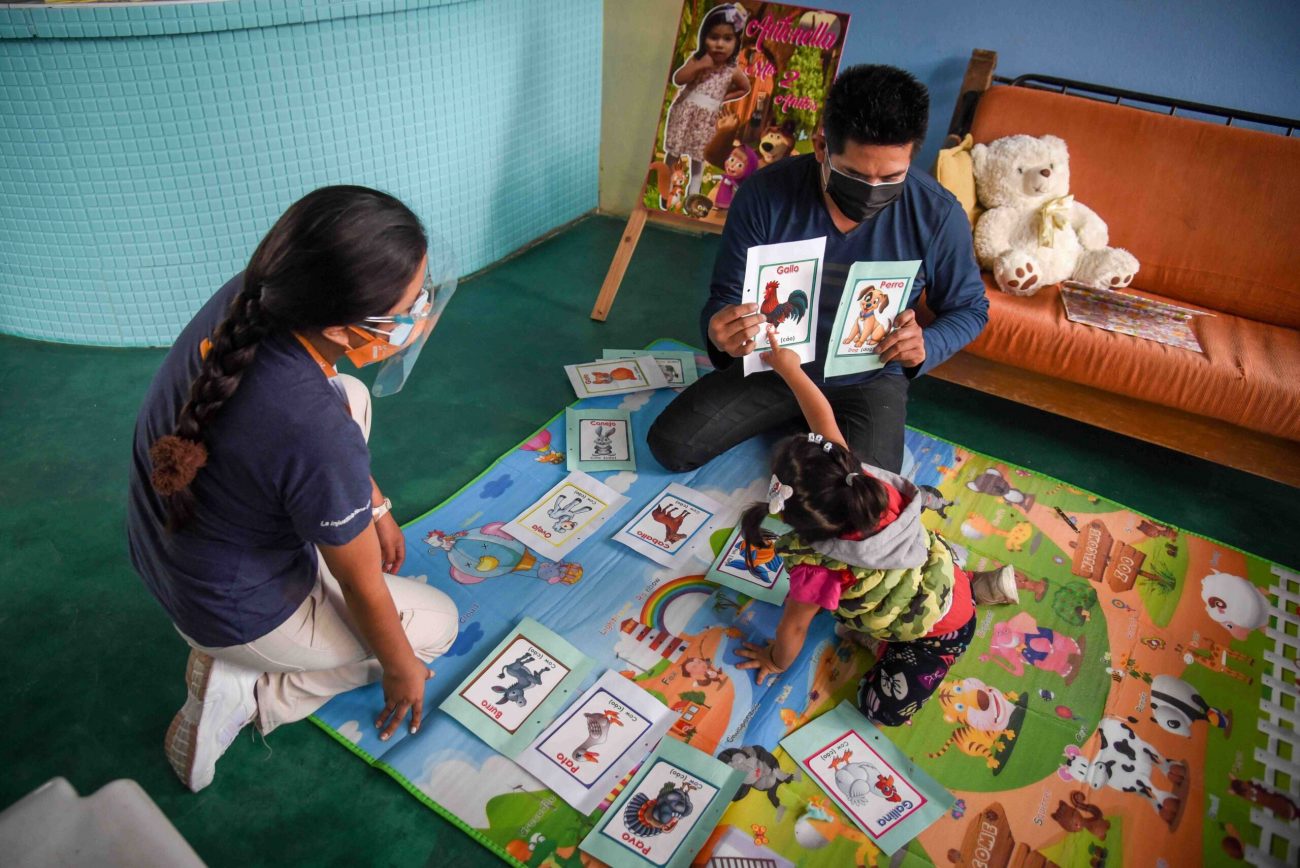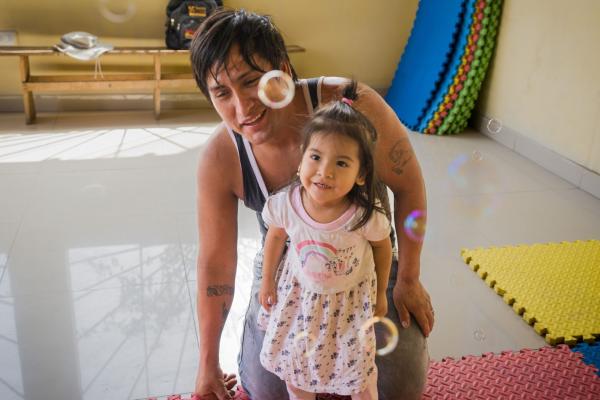International organizations such as Unicef and the United Nations Development Program (UNDP) have highlighted the relevance of responsible fatherhood (also called active fatherhood) in child development.
By its definition, responsible fatherhood implies the active participation of fathers in the upbringing of their children and in household care tasks. This approach proposes to break with the idea of the exclusively male provider role, which has produced an unequal distribution of household tasks and absent father figures during the upbringing and education of their children.
In societies like Peru, where machismo and gender stereotypes still persist to a large extent, approaches such as the one proposed by responsible fatherhood are key to building healthy homes and children, which becomes more relevant on the eve of Children’s Day (third Sunday of August).

Inequalities in parenting roles are exacerbated when a child begins preschool education, often leading to parents’ disengagement from their children.
According to ENARES, 52.7% of Peruvians still believe that women should fulfill their role as mothers and wives first before their own dreams. This reality must change.
With the exception of breastfeeding, men can be involved to the same extent as women in raising their children. This involves being physically and emotionally present, providing support, guidance and education, as well as making decisions that promote their well-being and healthy development.
According to specialists, absent father figures can condition the socioemotional development of children, which translates into an impact on areas such as personality, conflict resolution, and the way in which the little ones will build bonds in the future.

The CASITA sessions aim not only to promote early child development care, but also to strengthen skills and equitable interactions between caregivers and the child during their upbringing.
In that sense, some of the key contributions of responsible parenting for both parents and children are:
- Foster bonding: Responsible parenting strengthens emotional ties and establishes a deep connection between parents and children. This provides children with a sense of security, support, and unconditional love that lasts.
- Promotes healthy development: Responsible parents care about the well-being and holistic development of their children. They provide structured parenting, set appropriate boundaries, and create an environment conducive to children’s emotional, cognitive, and physical growth.
- Positive Role Models: Responsible parents become positive role models for their children. When they promote equitable roles at home and reject any type of violence they also contribute to girls and boys growing up with clearer notions about gender equality, far from machismo. Their active presence in children’s lives shows them how to be responsible, committed and respectful people in their relationships and in society.
- Impact on society: Responsible parenting contributes to the well-being and positive development of society as a whole. Children raised by responsible parents are more likely to become balanced, resilient and engaged adults in their community, generating a lasting social impact.
Thus, responsible parenting creates a nurturing environment filled with love and stability, promoting the healthy development and emotional well-being of children, while generating a positive impact for society.
The implementation of responsible parenting is crucial to building an inclusive and equitable society, promoting gender equality, the integral development of children and family co-responsibility.
